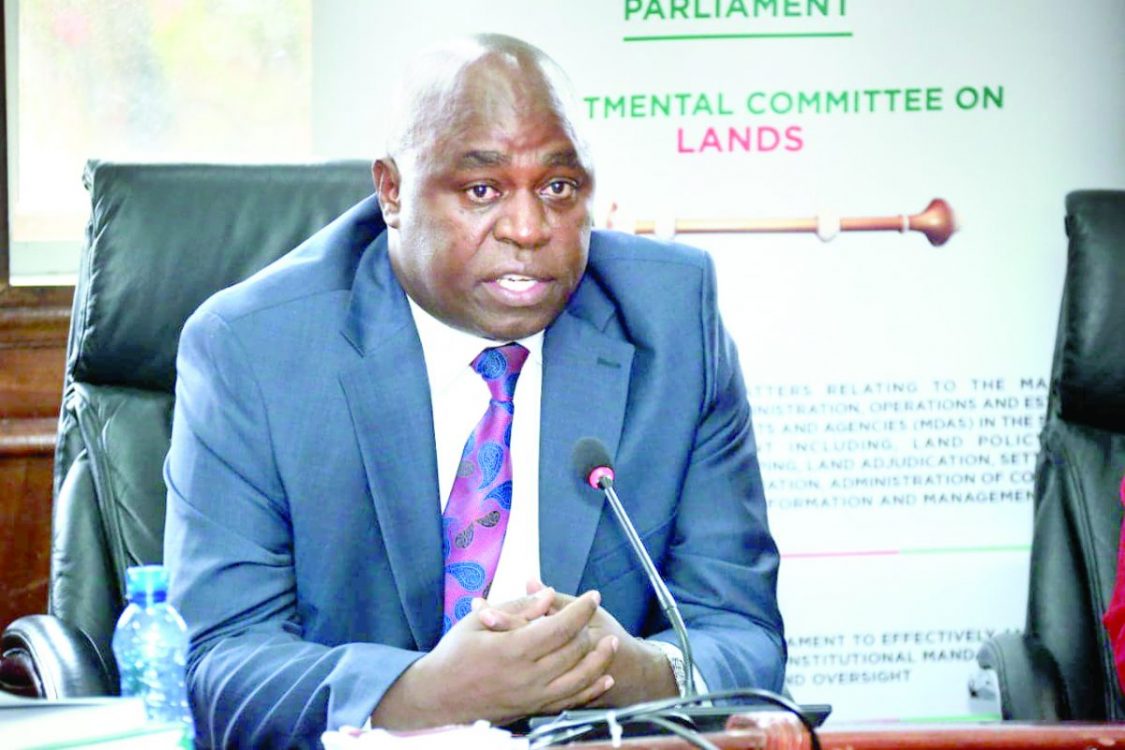Land-rating bill to boost county levies
By Rawlings, August 18, 2023Property owners in low-income areas will pay land rates to their respective county governments if a new Bill is passed into law.
The National Rating Bill, 2023 sponsored by North Mugirango MP Joash Nyamoko aims to establish a comprehensive legal framework for levying properties and land throughout the country.
The proposed law also seeks to consolidate valuation for rating Acts and to provide a comprehensive and uniform legislative framework.
“Bill seeks to identify the mechanisms on how county governments shall undertake valuation for rating and position of rates on rateable property to reflect the powers that were intended under Article 209(3)(a), for counties to impose property taxes/rates,” the Bill.
If enacted, Bill will enhance certainty, uniformity, and fairness in levying property rates across county governments.
“The proposed Bill seeks to provide a uniform legislative framework for both the National and county governments, governing the imposition of rates and property valuations as per the Constitution’s contemplation,” Nyamoko noted.
Rating laws
Currently, various counties have established their rating laws, often differing from one another.
By having a single legislation governing all the devolved units and the National government, the North Mugirango legislator noted that the proposed law, if passed, will bring harmony and consistency in the rate collection process. “Bill seeks to provide for enhancement, certainty, uniformity and fairness in levying of property rates by the county governments,” he stated.
While moving the Bill, National Assembly Majority Leader Kimani Ichung’wa, said if enacted, it will guarantee secure own-source revenue for devolved units that have struggled in generating enough funds independently.
“The Bill aims to eliminate disparities between counties in terms of the rates and taxes imposed, which can have adverse effects on businesses and individuals. Uniformity in taxation will promote a more balanced and conducive business environment across the country,” Ichung’wa said.
The Kikuyu MP charged that a substantial number of people in major cities like Nairobi, Kisumu, Mombasa and Nakuru own owners of rate-able properties and they expect county governments to offer them adequate services but there is a lot of non-uniformity and unfairness in the manner they pay rates.
“In Embakasi East Constituency where we also have slum billionaires, you will find somebody with five acres of land, the amount of money they pay in terms of rates to the Nairobi City County is negligible compared to what somebody in Lavington or Kilimani pays for, say, half an acre or quarter of an acre,” said Ichung’wa.
According to Ichung’wa, the current law creates a situation where there is no uniformity and fairness in the taxes and property rates levied by counties.
“The only reason why taxes, levies, and rates are levied on people is because you are the people enjoying the services offered by the county governments. This Bill seeks to create that uniformity and fairness in levying of property taxes by county governments,” he held. The Bill also seeks to enhance the use of appropriate technology in undertaking valuation for rating and rating-related purposes.
Parking fees
A study conducted in 2018 by the National Treasury in collaboration with the World Bank on the Own Source of Revenue Potential and Tax-Guard Study in the Kenya County Governments, revealed that the revenue potential of the devolved units ranged between Sh55 billion and Sh173 billion, a stark contrast to the Sh35 billion currently being collected.
Nyamoko said it was evident that the revenue collected from properties and land rates is not as attractive as the revenue generated from parking fees and health facilities.
According to Nyamoko, the proposed law aims to repeal the outdated Valuation of Rating Tax, and the Rating Act, which were enacted back in 1956 and 1964, respectively, adding that the acts lack a clear legal framework aligned with the Constitution and the devolved system
The objective of this bill is to broaden the tax base, thereby creating a more substantial revenue source to empower county governments in addressing their pressing needs effectively.
